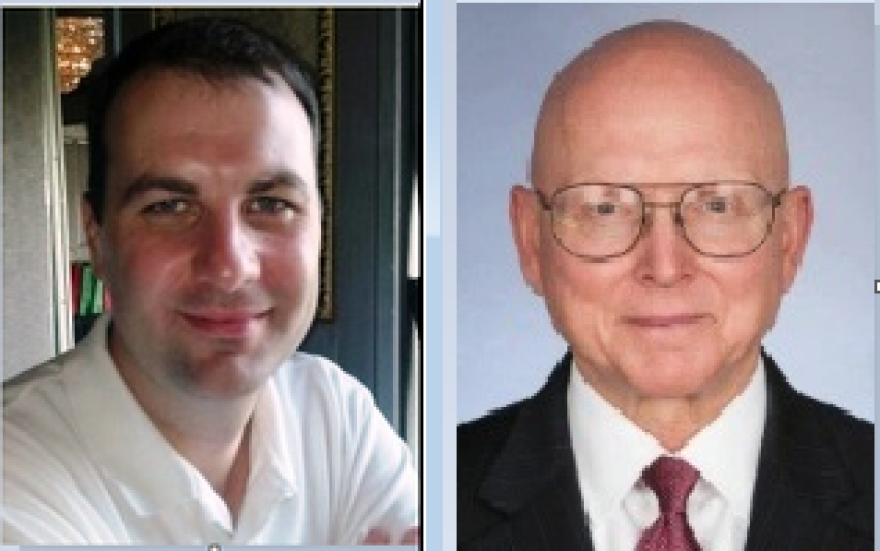An Arctic Council changing of the guard, in Alaska …
As the United States ushers in a new administration, the eight member nations of the Arctic Council are gearing up for their own transition in leadership that’ll occur during the council’s biennial ministerial meeting to be held this spring here in Fairbanks.
“The ministerial is perhaps the most important event in the two-year cycle of the Arctic Council, because it brings the foreign ministers – in our case, the Secretary of State – together to really tie a bow on the work that’s been completed,” says Adm. Robert Papp, who’s served as U.S. special representative for the Arctic since the United States assumed chairmanship of council in 2015.

Papp, who stepped down from that post three weeks ago, said last year the State Department chose Fairbanks as its venue for the ministerial because the city can accommodate what’s likely to be dozens of diplomats and staffers expected to attend the high-profile event. And because member nations that hold the two-year rotating role of Council chair conduct the ministerial meetings in the Arctic – or, as with Fairbanks, nearby.
“So – we’re sort of on pins and needles,” said Brandon Boylan, a University of Alaska Fairbanks political science professor. And he’s one of the UAF faculty and staff who are organizing events to be held in conjunction with the ministerial.

Boylan says he’s looking forward to the event, because member nations will be able to report great progress during the U.S. chairmanship, including landmark international agreements and advances in research on such regional concerns as climate-change impacts, human health and indigenous cultural preservation.
“I think this country – government officials, academics, researchers, NGO workers – have done very good work on the Arctic,” he said.
But Boylan says he and others are feeling a bit of trepidation, due to uncertainty over the direction of U.S. Arctic policy under the incoming Trump administration.

“As the new administration sorts out some of the bigger issues,” he said, “I think – I hope – they will see where the country is headed with Arctic policy.”
Boylan hopes administration officials will have at least some of that sorted out by May 11, when the ministerial begins. Two other high-profile Arctic Council events are scheduled to be held in Alaska over the next several weeks, one in Kotzebue and the other in Juneau.



